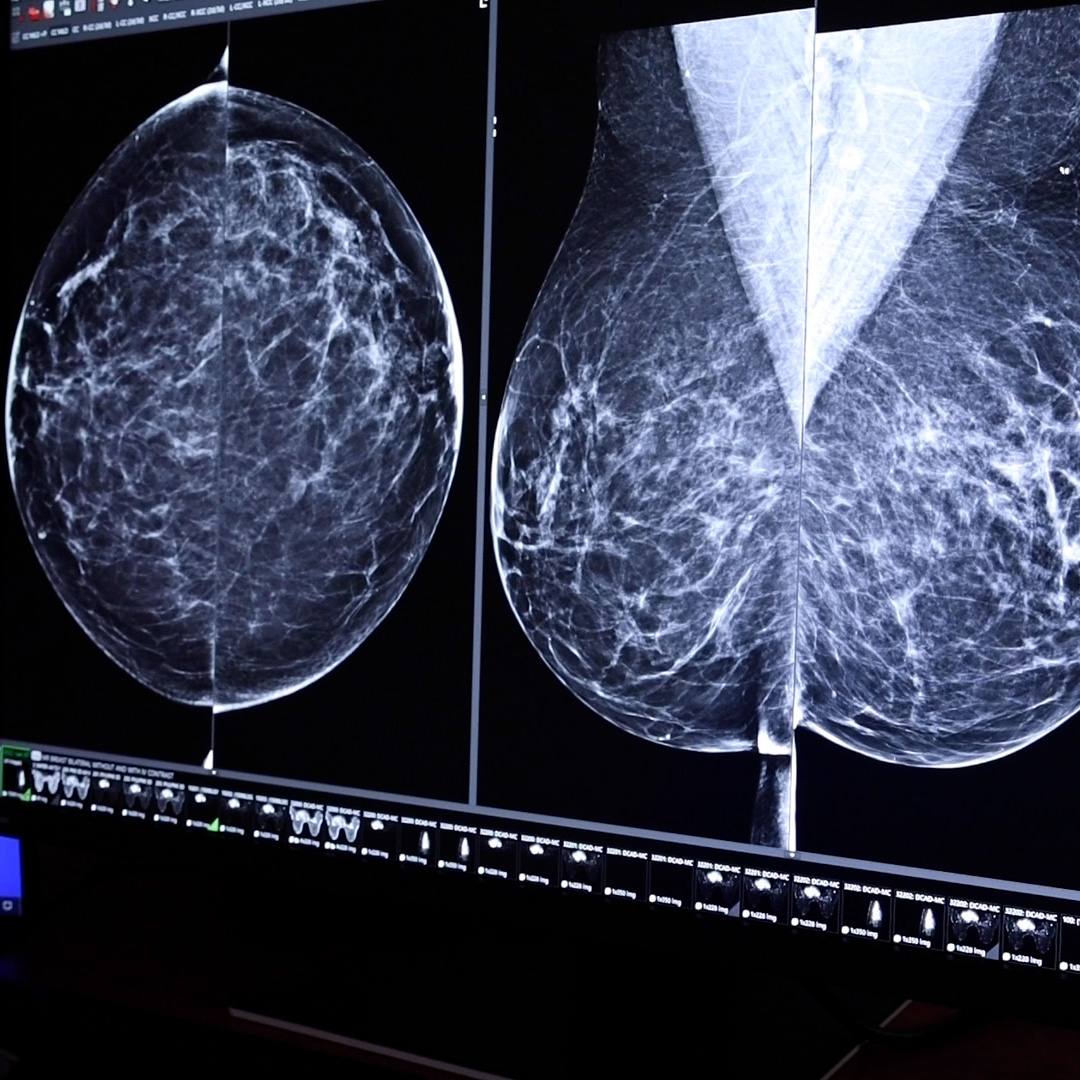-
Mayo Clinic Minute
Mayo Clinic Minute: How low testosterone can affect men’s health
Millions of men live with a testosterone deficiency. If left unchecked, this treatable condition may contribute to serious health problems like osteoporosis and lowered red blood cell production.
During National Men's Health Week — June 10–16 — Dr. Gregory Broderick, a Mayo Clinic urologist, encourages men with symptoms of low testosterone to speak with their healthcare team.
Journalists: Broadcast-quality video pkg (1:07) is in the downloads at the end of the post. Please courtesy: "Mayo Clinic News Network." Read the script.
Testosterone is a key male hormone that is responsible for characteristics like hair growth, muscle mass and deepening of the voice. As men age, testosterone levels gradually decline, particularly over 40.
"The main complaint I see as a urologist is a lack of interest in sexual functioning," says Dr. Broderick. "But fatigue, changes in mental acuity, less stamina and very often mild degrees of depression are associated with falling testosterone."
In some cases, infertility can be tied to low testosterone. But presenting these symptoms or traits is not an automatic diagnosis.
"Not all men need testosterone," says Dr. Broderick. "It's very important that this diagnosis is properly made based on symptoms but also the serum level of testosterone in the blood."
When it comes to treating low testosterone, the most common way is a cream applied to the upper arm, but injectable or pill forms of testosterone are also available.
"Each of those avenues is designed to get you back to a normal level of testosterone," says Dr. Broderick. "What you should notice is that within 48 to 72 hours of your dosage that your desire has improved."
Related articles:







